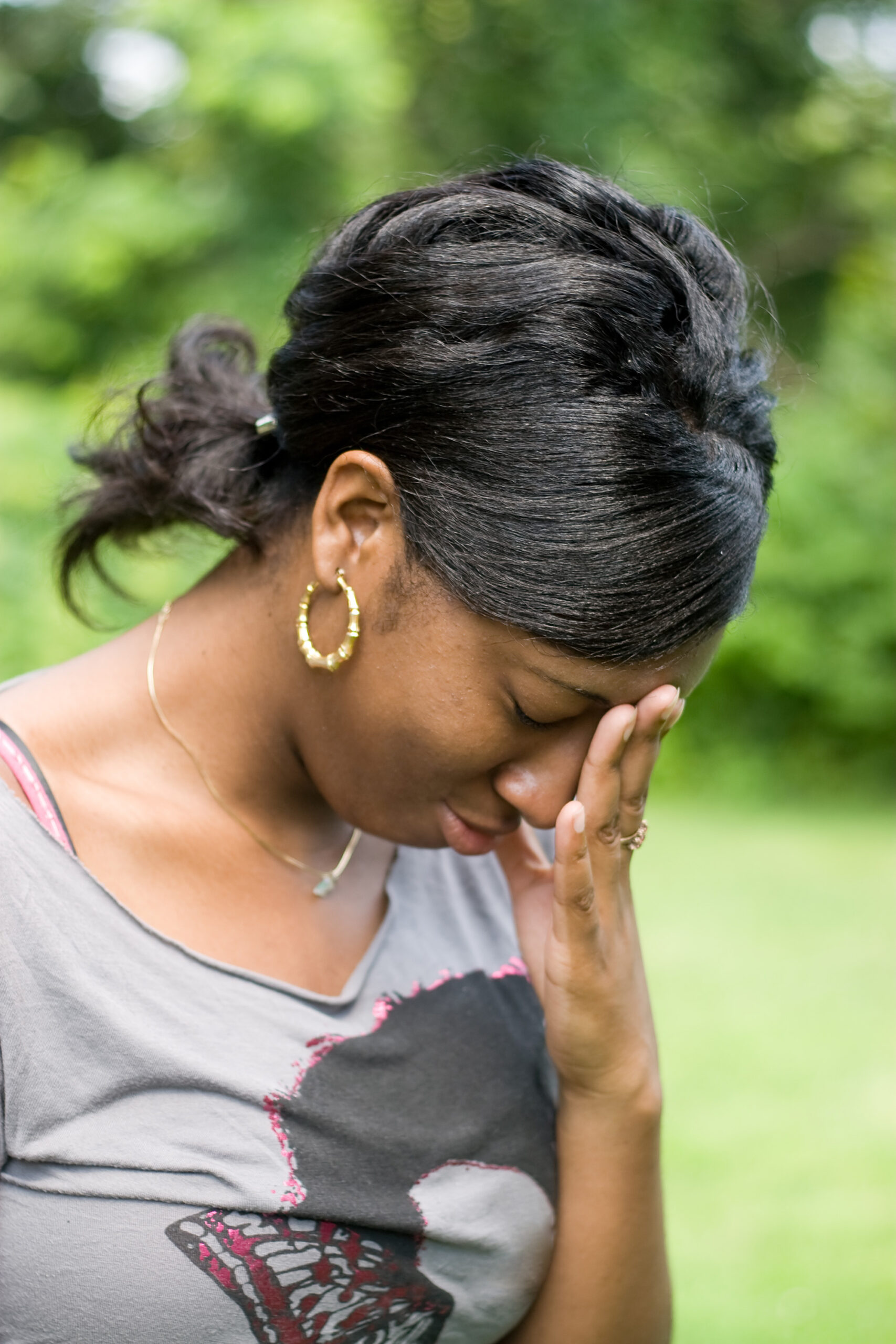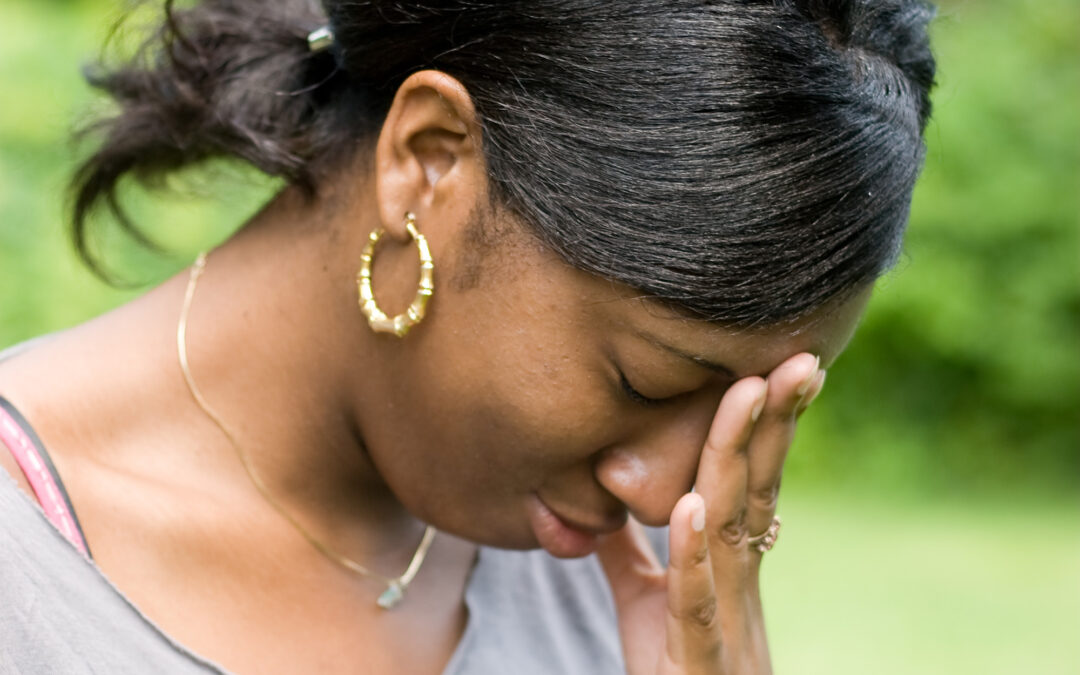Disasters can be devastating, both emotionally and physically. It’s essential to take care of yourself after such an event to ensure you have the strength to rebuild your life. Here are some tips for emotional recovery after a disaster:

1. Seek support from friends and family members who understand what you’re going through.
2. Reach out to community organizations or mental health professionals who offer counseling services.
3. Take time to grieve and process your feelings in a safe space.
4. Engage in activities that bring joy and comfort, like spending time with loved ones or practicing self-care rituals.
5. Be patient with yourself and allow time for healing. Remember that everyone copes differently, so don’t compare your progress to others’.
Thank you for reading this post, don't forget to subscribe NOW for FREE!
In addition to taking care of your emotions, it’s also crucial to plan financially for disaster preparedness. Here are some steps you can take:
1. Create an emergency fund that covers at least three months of living expenses.
2. Review your insurance policies to make sure they cover natural disasters and other potential risks.
3. Consider investing in backup systems, like generators or water filtration systems, if necessary.
4. Make copies of important documents, like birth certificates and tax returns, and store them securely offsite.
Essential items you need in your emergency kit include:
1. Water (at least one gallon per person per day)
2. Non-perishable food items
3. First aid supplies, including bandages, antiseptic wipes, and pain relievers
4. Flashlights or lanterns with extra batteries
5. Portable chargers for electronic devices
6. Warm clothing and blankets
7. Personal hygiene products, like soap, toothpaste, and toilet paper
The importance of community resilience during and after a crisis cannot be overstated. Here are some ways you can contribute to building stronger communities:
1. Attend neighborhood meetings and get involved in local organizations.
2. Volunteer to help those affected by disasters, whether it’s providing meals or clearing debris.
3. Donate money or resources to nonprofit groups that focus on disaster relief efforts.
4. Share information about how to prepare for disasters with neighbors and friends.
Remember that recovering from a disaster takes time and effort, but with these tips, you can start getting back on track towards a more resilient future.






